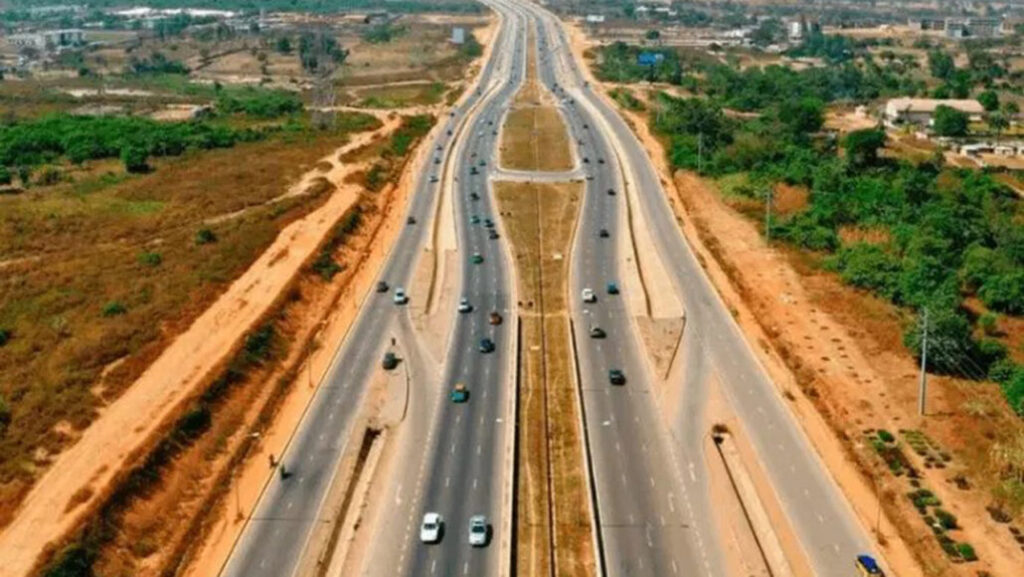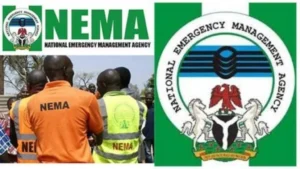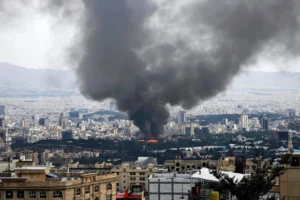
The Federal Government has announced plans to demolish 700 properties to pave the way for the Lagos-Calabar Coastal Highway project.
This was disclosed by the Lagos State Controller of Works, Mrs. Olukorede Kesha, during a stakeholders’ meeting on the highway’s ongoing development. She noted that the revised figure represents a significant reduction from earlier estimates.
“Instead of demolishing about 1,500 properties, we opted for the most economical route. Now, fewer than 700 houses will be affected,” Kesha stated.
She commended the project’s planning and execution, adding that Section One of the highway, spanning approximately 47.4 kilometres, had already been awarded.
Responding to concerns over the project’s alignment and the impact on properties, Kesha explained that previous alignments were not binding.
“The former alignment was designed under a different administration. With the Federal Government now in charge, we’re prioritizing the most feasible and cost-effective route,” she said.
Meanwhile, Minister of Works, David Umahi, described the Lagos-Calabar Coastal Highway as a transformative infrastructure project with long-term benefits, including the potential to generate carbon credits due to its eco-friendly design.
According to him, the highway will ease urban traffic congestion and support a multi-modal transport system.
“This project will significantly decongest traffic and includes a provision for a rail line, with a 12-metre space allocated in the middle. We’re building not just for today, but for future generations,” he said.
The minister revealed that some sections would feature train stations and facilities for further development.
Addressing challenges in Section Two of the project, Umahi noted that existing industrial infrastructure, particularly around the Dangote refinery, required engineering adjustments.
“We’re constructing a flyover with a 60-metre span to accommodate refinery truck movements, followed by additional spans of 41.6 and 22–23 metres to navigate other conflict points,” he explained.
Umahi also highlighted progress and upcoming plans in other states. “Work has commenced in Cross River, and we’ll soon flag off the project in Akwa Ibom,” he said.
He further addressed difficulties in the Sokoto–Badagry legacy corridor, particularly a section in Badagry facing riverine challenges. According to him, three kilometres of rivers will need to be crossed, and four engineering options are being considered to address the situation.
Providing an overview of the Federal Government’s broader infrastructure goals, Umahi outlined four interconnected legacy projects:
A corridor from Calabar through Ebonyi, Enugu, Benue, Nasarawa, Kogi, and into Abuja.
Another stretching from Abuja to Makurdi, Keffi, Akwanga, Jos, Bauchi, and Gombe.
He assured that no region is being left out in the government’s infrastructure drive and issued a warning against the misuse or vandalism of national assets.






